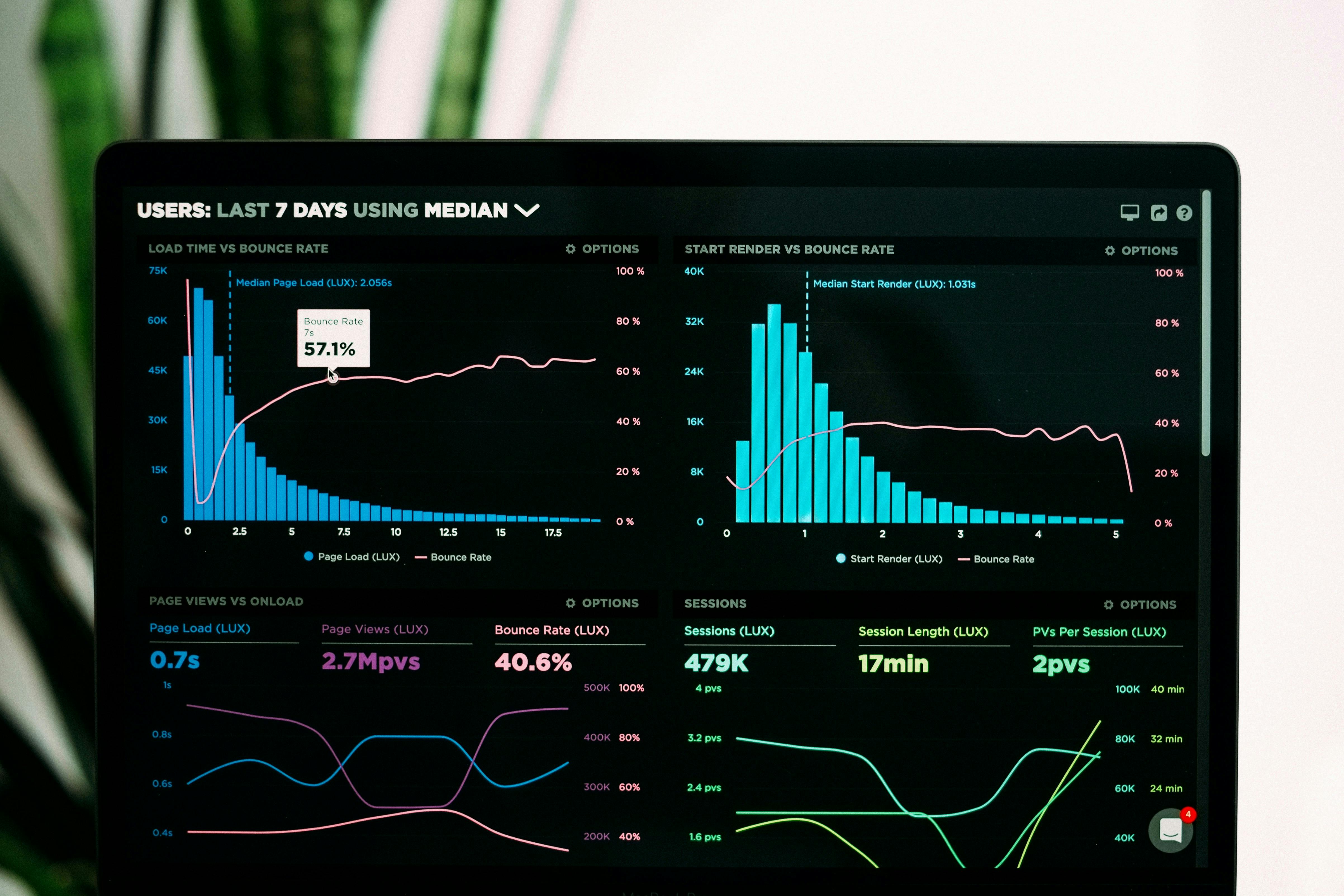Data.
Not opinion.
Dresner is different. We’re your trusted guide through today’s challenging data, analytics, AI, ERP, and performance management landscape with over 500 years of collective industry experience.
Our research is 100% data-driven and unbiased by opinion.
Become a member of Data Leaders and have access to our analysts, community, and our expansive and growing library of industry research



DATA LEADERS
A community of experts
Join a community of like-minded people leveraging data into success!
Access to experts and peers
- Our analysts - and the whole of the Data Leaders Community - are always ready to interact, share experiences, answer questions and help point you in the right direction.
Participate in live chat
- Dynamically interact with members of our Data Leaders Community and engage in every-changing conversations about the data landscape
Gain wisdom from Dresner analysts
- No need to wait weeks for a reply to an email or inquiry. Instead speak with our analysts right away to respond to your pressing questions while they still matter
Receive Dresner Market Reports and Research Insights
- Tap into our expansive multi-year library of insightful market reports and Research Insights to stay up to date on technology, methodology, industry, and much more.
Who is a Data Leader? Professionals in:





Featured Dresner Research
Research Insight and Wisdom of Crowds® reports offer the most comprehensive and objective insights available for data, analytics, and performance management. Our process is global, encompassing thousands of organizations across all industries, functions, and organization sizes.
Special Reports
Special Reports are in-depth, timely research studies that address significant market developments, emerging technologies, competitive dynamics, or strategic inflection points that warrant focused analysis outside our traditional annual market studies and Research Insights series. These reports draw on the same objective, user-driven methodology and analytical rigor that define all Dresner Advisory Services research, while providing flexibility to examine important topics, vendor comparisons, or evolving market conditions as they arise. The result is relevant, data-informed perspective designed to help both technology providers and enterprise buyers better understand shifts in the AI, data, analytics, and performance management landscape.

Special Report: Analytical Data Infrastructure
The 2026 ADI market is defined by systemic interdependence, in which the primary technical challenge has shifted from individual tool adoption to the seamless integration of security, logic, and cost predictability across the entire analytic data supply and consumption chain. Since organizations now manage an average of 79 disparate data sources, the “integration tax” has become a foundational hurdle rather than a peripheral one. In this complex landscape, the ability to manage the coexistence of legacy stability and modern innovation determines organizational success, particularly for those hitting the three- to five-year ADI architectural age “sweet spot,” where business intelligence (BI) achievement is highest.

Special Report: Generative and Agentic AI
Artificial intelligence (AI) adoption remains uneven across organizations, with overall penetration, regardless of technique, still below 50%. This includes the following AI disciplines: data science and machine learning (DSML), generative AI, and the emerging class of agentic AI. Despite the hype, a majority of organizations are still early in their AI journeys, experimenting selectively rather than deploying AI at scale throughout their core business processes.

Wisdom of Crowds® Market Reports
Wisdom of Crowds® Market Reports are comprehensive, data-driven studies that examine both the demand and supply sides of key industry and technology markets. Based on extensive surveys of actual users and buyers of solutions, these reports analyze adoption trends, intentions, priorities, use cases, and buying dynamics, providing a clear view of how markets are evolving. Each report also includes objective, inclusive vendor ratings derived from our rigorous evaluation methodology, offering transparent insight into how providers are perceived across a broad range of capabilities and measures.

Data Engineering Market Study
Data engineering is a foundational component of analytical data infrastructure (ADI), providing the capabilities required to design, build, and operate data workflows and pipelines across operational and analytic environments. It encompasses requirements for data orchestration, integration, and transformation, including support for advanced analytics within the data engineering workflow.
This report examines the development and deployment capabilities used to design, debug, schedule, secure, govern, and run data workflows across analytical and operational use cases. It also evaluates the role of data engineering within the broader ADI ecosystem, which supports the ingestion, persistence, and transformation of data for downstream analytic, application, and AI-driven consumption.

Workforce Planning and Analysis 2026
The Wisdom of Crowds® Workforce Planning and Analysis Market Study (4th Edition) provides a comprehensive, data-driven examination of a market that continues to expand in strategic importance. Based on research with organizations actively evaluating, purchasing, and using workforce planning and analysis solutions, the report explores adoption trends, use cases, buying dynamics, deployment models, and measurable business impact. As performance management extends beyond finance into workforce and operational domains, this study offers clear insight into how organizations are aligning talent, strategy, and execution across the enterprise. The report also includes objective, inclusive vendor ratings derived from our rigorous evaluation methodology, providing transparent perspective on provider capabilities and market positioning.

Embedded Business Intelligence Market Study 2025
This year marks the 13th edition of this Embedded Business Intelligence report. As organizations increasingly prioritize embedding analytics within other applications, we explore the diverse requirements for integrating analytical functionality in context. In today’s fast-evolving market, where competition is intensifying and innovation is critical, making informed BI and analytics investments is more essential than ever. Our report is designed to guide businesses through these complexities, offering valuable insights into both functionality and strategy to help drive sustainable growth and maintain a competitive edge.

Research Insights
Research Insights are focused research briefs published throughout the year that examine significant trends, technologies, and management issues shaping the modern enterprise — from AI and emerging automation models to ERP, data, analytics, and performance management. Grounded in our independent, user-driven research, these papers provide clear analysis and practical context for executives, functional leaders, and practitioners alike. Each Research Insight concludes with direct, pointed recommendations to help buyers address the critical issues they are facing and make more confident, informed decisions.

What Effective Data Leadership Looks Like
Effective data leadership requires a complex mix of conditions, skills, priorities, and actions. To ensure their organizations view them as effective, data leaders need to focus on the optimal set of capabilities, activities, and outcomes. Being perceived as such will enable them to secure additional budget and deliver value against strategic goals that matter to business leaders.

Now Is Not the Time for Data Leadership Complacency
The prevalence of formal data leadership within organizations appears to be at least plateauing, if not slightly falling, and more organizations are pushing formal data leadership plans ahead into an indeterminate point in time or reporting no plans for leadership at all. Organizations that fail to accelerate their investments in formal data leadership—by establishing roles such as a chief data officer (CDO) or chief analytics officer (CAO), allocating budget to those roles, building teams around them and providing executive-level engagement and support—will rapidly fall behind their peers and become non-competitive in their markets. However, not all data leaders and executive management seem to realize this.

The Office of Finance and Agentic AI—Better Get Used to It
Between 2028 and 2030, we expect artificial intelligence (AI) adoption by the Office of Finance to transform the function, enabling new capabilities that reduce costs and improve efficiency. Many agentic AI capabilities are now emerging within Office of Finance applications, and vendors will accelerate their ramp-up of these capabilities during this period.

Request a trial membership and become part of the community
As a Data Leader you will be at the pinnacle of your industry, armed with the latest perspectives and understanding surrounding the data, analytics, and performance management disciplines.
Who is Dresner Advisory Services?
We're comprised of a team of deeply experienced and seasoned analysts focused on delivering exceptional value to our members.

Howard Dresner
Founder and Chief Research Officer

Jamie Popkin
VP and Research Fellow

Bill Hostmann
VP and Research Fellow

John Hagerty
VP and Distinguished Analyst

Brian Lett
VP and Research Director

Michael Moran
VP and Research Director

Chris von Simson
VP and Research Director

Saul Judah
Distinguished Analyst

John Van Decker
Distinguished Analyst

Doc Kevin Elder
Research Director

Myles Suer
Research Director

Jim Ericson
Distinguished Analyst Emeritus

Steve Apostolakos
Chief Revenue Officer

Danielle Guinebertiere
Vice President, Client Services

Michelle Whitson-Lorenzi
Director, Research Operations

Sarah Chung
Director of Technology

Elizabeth Espinoza
Director of Analytics

Sherry Fairchok
Senior Editor

Adam Tinkoff
Creative Director



